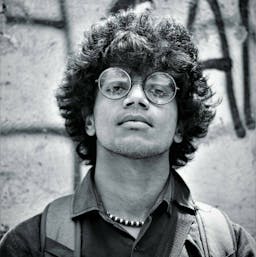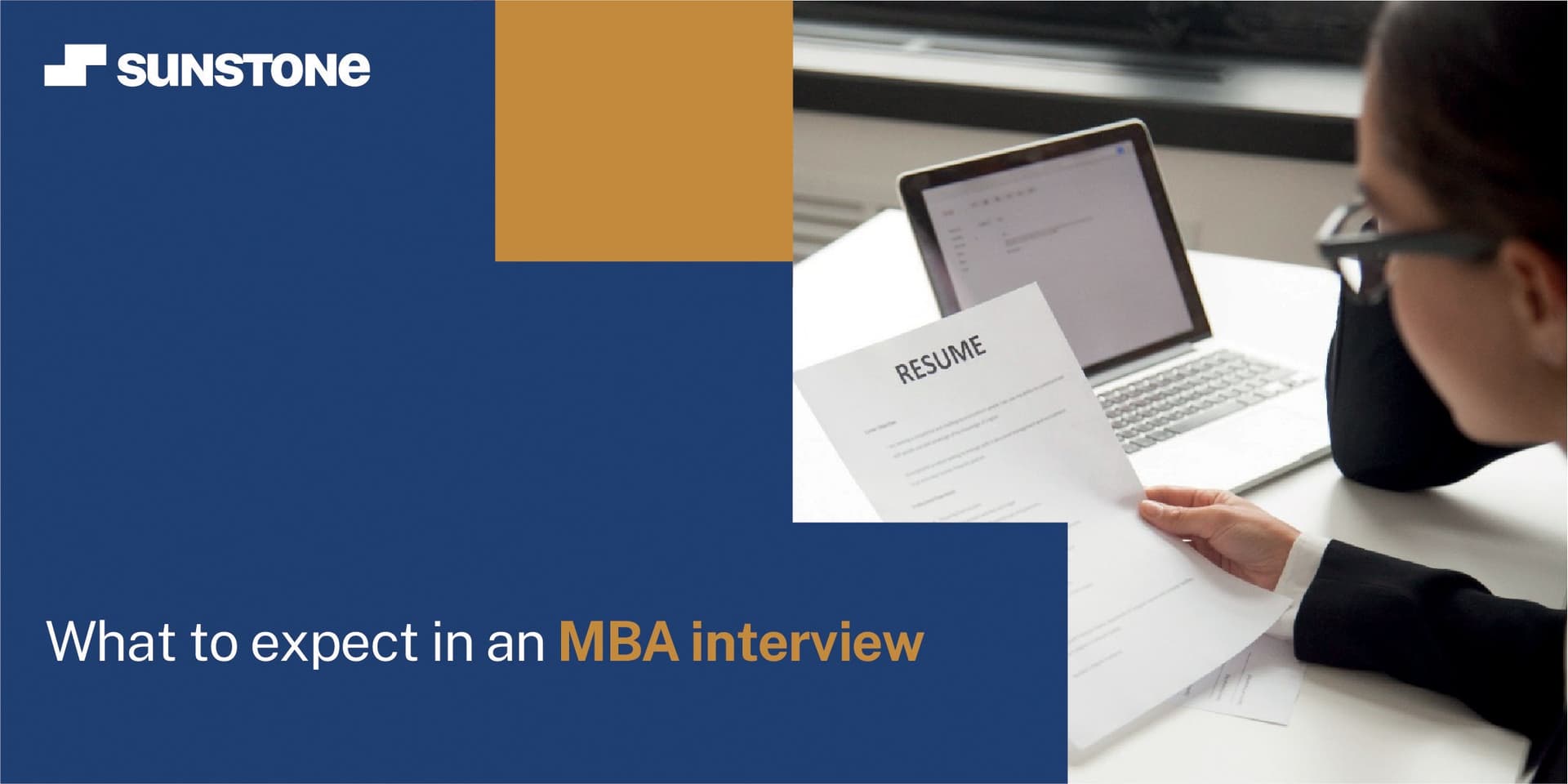5800 students unlocked their dream jobs with UG/PG programs in top colleges. Apply Now!
Despite the pandemic, the admission season has been in full swing. An MBA is a post-graduate degree that teaches students business-related disciplines to help further the careers of aspiring managers and business leaders.
Any prestigious B school searches for bright, determined candidates with the right attitude to excel, thorough on their concepts, socially aware, pro-active, goal-oriented and self-aware among other life skills once aptitude and academics are taken care of.
Applicants often underestimate the interview, a crucial step for all candidates in the admission process. An important element, the interview brings to life all the components of the written application. An MBA interview is your first view of the college life and admission committee. To confirm that this step goes as smoothly and successfully as possible, we are going to walk you through the entire process and how best you can prepare yourself for it.
Essentially the questions asked in an MBA interview can be divided into the following buckets:
Academic background & work experience based MBA interview questions
Your academic excellence and profile generally make the bulk of MBA admission interview questions. The candidates are expected to have and excel in their co-curricular and their areas of work, and the interviewer will ask about your learnings about, the student’s experiences in these domains. The student needs to be aware of the latest happenings in the subject/domain of choice. A focussed preparation plan with an interview date in mind is essential for the extra edge.
Personal MBA interview questions
This is where the interviewer delves deeper into the personal aspects of a students’ life like family background, interests, extracurricular activities, upbringing, strengths and weaknesses. To answer personal questions, students have to introspect and weave a story so to say. Put in an hour or so daily to explore various sides of your personality, hobby building, reading and preparing for this stage.

Business & Social Awareness based MBA interview questions
Don’t forget this interview is a crucial stage that will take your corporate career to the next level. As a result, a thorough understanding and awareness of the various happenings in the business world are essential. Be abreast with the latest happenings in the environment around you and portray your potential of impacting the future in your answers. The interviewer may ask, "why MBA". An understanding of modern-day India, economics and world events that have shaped her progress is of paramount importance here. Watching documentaries, news, read up on global history and modern-day events.
Also read: How to answer the "why MBA" question in an interview
Vision & Statement of Purpose based MBA interview questions
Now not all B schools admission process will constitute lengthy, essay type questions. However, to get a glimpse of your communication skills, interests and ideas, B schools tend to ask for a few written answers. There will be questions asked from these answers, gaining insight into your thought process and confirming that these have in fact been written by the candidate. When in candidates, the aptitude level is at par, what is important with the limited seat available in B schools, there has to be a differentiating factor.
This plays out to be what the aspirant envisions to achieve out of the 2 years of MBA. If the interviewing panel sees no specific vision or purpose, there is a great chance of the aspirant getting lost in the list of competitors.
This is also the opportunity for the interviewer to ensure that the purpose of the student and that of the institute are aligned. It will also be checked if the student has it in them to reach their said goal to make sure the institute will get a worthy alum.
How To Excel At Any MBA Interview?
Typically, an MBA interview can last anywhere from 15 -40 minutes in duration and despite the above buckets being touched upon, the interviewer will also check the depth of knowledge in a few subject areas. These might include areas of business you have shown interest in your application and some from your academic background. This might consist of few MBA interview questions that might even take up 70% of the interview. Students generally fall short of when they are probed beyond the surface.
So to guarantee success, make sure you’re not just scratching the surface, but gaining in-depth and not just in width.

What can be done daily?
Spend at least a couple of hours tracking the social and business environment including the economy, society, politics as well as international happenings. Make sure you are tracking daily news and analysis. If you haven’t yet started reading financial dailies or business magazines or watching business shows you need to start allocating some time.
You need to be more aware of the business world and activities and add to it research on subject areas and career opportunities that an MBA can lead to.
The idea may not be concrete but there must be a sense of direction on where you want your career to head by the time you sit in on that MBA interview.
Quick MBA interview Tips for preparation
- Know your application inside out: there should be a thorough understanding of what you have written in your application, paying attention to minute details and preparing to provide detailed examples and instances from your application.
- Know your industry well: you should know this industry both before and after an MBA. There might be instances where the interviewer might throw you a curveball, however, stay calm and answer, as MBA applicants are expected to be able to think on their feet.
- Read, Read, Read: this cannot be stressed enough, reading up on the latest happenings, business articles and the newspapers to be up to date.
- Know the interview style and format: with the pandemic, interviews have been conducted virtually, Interviews can be anything from in-person or via videoconference and can be conducted by either admissions committee members or alumni. Some interviews are behavioural while some others are resume-based.
- Mind your appearance: dress appropriately and arrive or dial in on time. Remember the interviewer’s name and don’t forget to send a thank-you email. Do not text, call or WhatsApp during the interview. Be professional but not too formal. Be confident without being arrogant.
Beyond all of these basics, how do you convey your personal brand?
For example, how would you answer a basic question asked at most MBA interviews, “Tell me about yourself?” Seems like a simple question, right? Most Indian applicants respond with a brief geographical biography of their lives. “My name is Akash. I was born in Delhi and I went to IIT-Roorkee followed by a summer internship at WNS and then I worked at Infosys in Bangalore and now I work at Goldman in Singapore.” However, there is nothing engaging in this answer, nor does it reveal anything about Rishi that the interviewer can’t find on his resume.
The point of an interview is to understand the applicant on a deeper level. What if Akash had said, “I grew up in India and have worked in several cities across the country. Two years ago, I made the transition to Singapore, which has given me a new perspective on India, and with that transition was a big job switch, from consulting to finance, which has been challenging but exciting. I discovered I love travelling and I’ve tried to go to a new country every six months for the past four years.”
The interviewer will then know a little more about him, and will probably have follow-up questions, which is essential.
As one of our colleagues who regularly interviews, says, “the best interviews are the ones that move away from a stiff Q&A session into an engaging conversation.”
All the best!
HELP
Take the first step towards your dream job.
ABOUT THE AUTHOR

